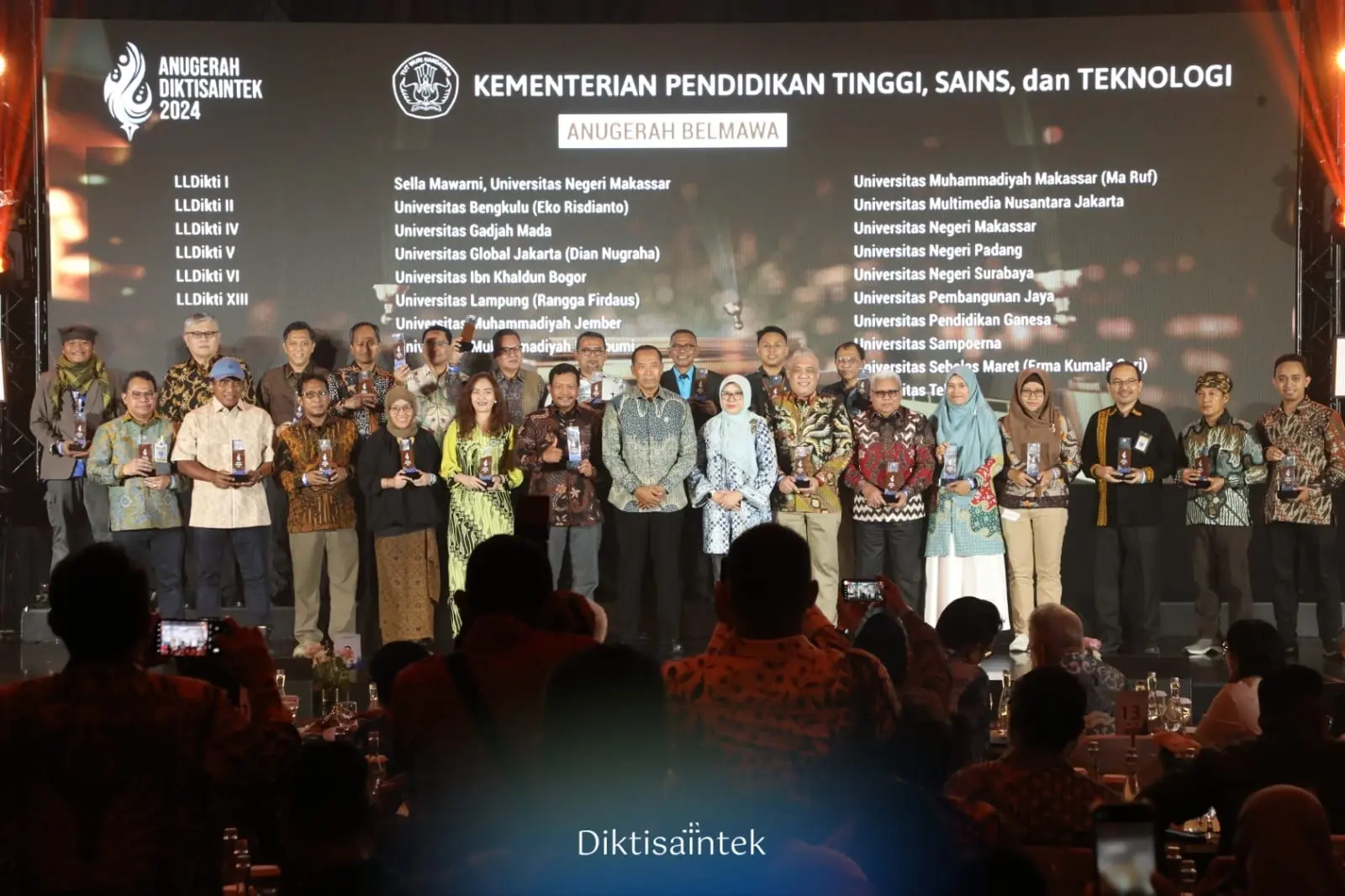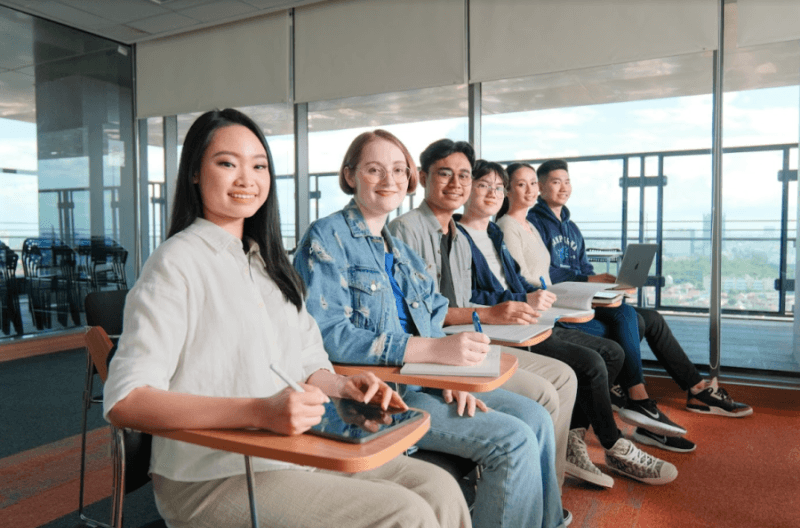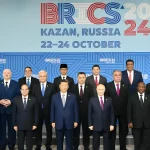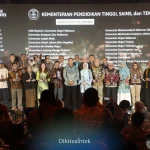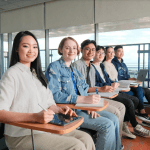23 Dec 2023
Sampoerna University Presents A Workshop for Garuda Cendekia Junior High-School Students: “Applying Critical Thinking Skills by Identifying Fake News”
News & Event,
News & Events Faculty of Engineering & Technology,
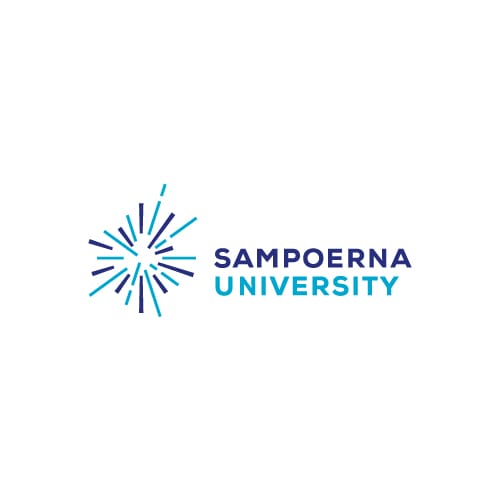
In an effort to equip junior high school students with essential skills for the digital age, Sampoerna University, through its Education (ELed) students specializing in Literacy, Culture, and the Development of Critical Readers, recently conducted a workshop at Garuda Cendekia Junior High School. The focus of the workshop was to enhance student’s awareness of the prevalence of fake news and hoaxes in mass and social media, empowering them with strategies to identify misinformation and reliable sources of information.
The workshop, held on Thursday, November 2, 2023, at Garuda Cendekia School, witnessed the participation of 42 students from the Class Representative Council (MPK) and Intra-School Student Organization (OSIS) of Garuda Cendekia Junior High School. The event was facilitated by Sampoerna University ELed students, who, having taken the subject of Literacy, Culture, and the Development of Critical Readers were well-prepared to share insights and strategies in combating the challenges posed by fake news.
In today’s digital era, information, and media literacy have become indispensable skills, particularly for students who navigate an online landscape saturated with information of varying credibility. The workshop aimed to empower students with the ability to apply critical thinking skills when encountering information online, enabling them to discern between trustworthy and false content. As noted by Flanagin (2008), the current generation of students is exposed to a vast array of information online, necessitating the cultivation of skills to differentiate between accurate and misleading data.
During the workshop, participants engaged in sessions that provided them with practical strategies to recognize reliable sources of information, identify fake news or hoaxes, and critically evaluate digital media. Moreover, the workshop emphasized the rights and responsibilities of digital media users, including ethical considerations in sharing information online. This holistic approach aims to mold students into intelligent consumers of information and responsible contributors to the digital discourse.
The enthusiastic response from the participants underscored their interest in delving deeper into the intricacies of media literacy. The workshop not only addressed the immediate need for critical thinking skills but also instilled in students a sense of responsibility as digital citizens.
According to Strauss (2000), media literacy workshops play a crucial role in shaping students into individuals who are not only aware of the potential pitfalls of digital information but also responsible for their consumption and dissemination of content. By conducting such workshops, educational institutions contribute to the creation of a generation that actively safeguards information integrity and positively engages in the digital landscape.
Furthermore, beyond the educational benefits, the workshop served as an opportunity for Sampoerna University ELed students to apply the knowledge gained in the classroom setting. Simultaneously, it showcased Sampoerna University’s commitment to community engagement and the dissemination of vital skills beyond its academic walls.
The overarching objectives of the workshop were to provide participants with the knowledge and skills necessary to identify fake news and its characteristics, use credible and valid resources, and strengthen Sampoerna University’s branding to a wider audience. The anticipated outcomes include participants applying critical thinking skills to identify fake news, differentiating between fake and accurate news, and effectively selecting and using credible and valid information sources.
The workshop not only addressed a pressing need for media literacy education but also exemplified Sampoerna University’s commitment to community outreach. As we navigate the digital age, equipping students with the skills to discern truth from misinformation becomes paramount, and workshops of this nature play a pivotal role in fostering responsible and informed digital citizens.

